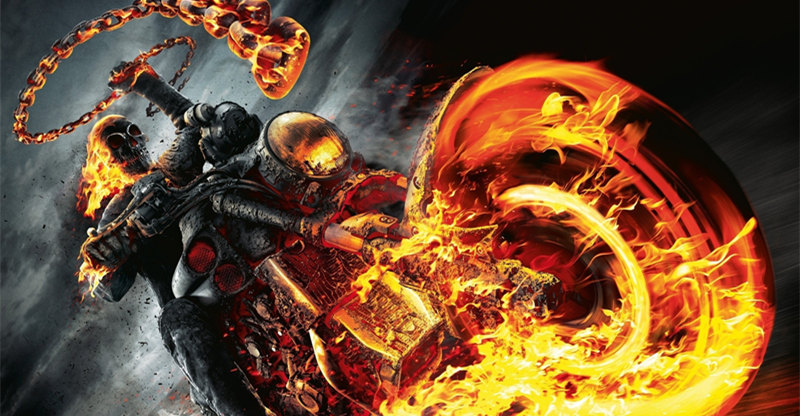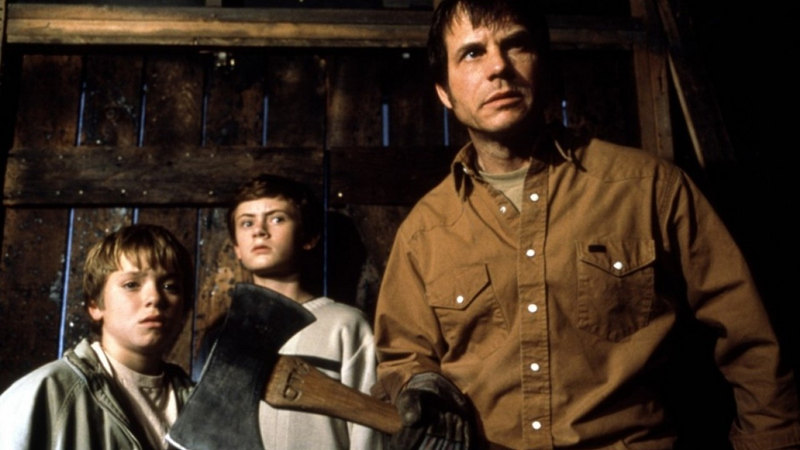If you’re playing Trivial Pursuit and this question comes up—What was the first film to win a Best Picture Academy Award for Fox?—the answer is “Cavalcade,” a 1933 sweeping drama that follows one British titled family and two of their servants through the first 30 years of the twentieth century.
In addition to Best Picture, “Cavalcade” won Oscars for Best Director (Frank Lloyd) and Best Art Direction (William S. Darling), and it was the second most popular film of 1933, following in the rather large footsteps of the original “King Kong.”
Like “Downton Abbey,” this old black-and-white saga focuses on both lords and ladies and the servants who work for them, showing how their lives are affected by historical events over a long period of time. The action begins with a New Year’s toast to ring in the new millennium in 1900, and ends the year that the film played in theaters. In between come such historical events as the Boer War, the sinking of the Titanic, and World War I, with a third act focusing on the dramatic changes that resulted.
Unlike “Downton Abbey,” the emphasis is on creating a faithful sense of atmosphere and history using characters as touchstones. The character dramas seem secondary in “Cavalcade,” while in “Downton Abbey” it’s history that’s just outside the spotlight.
Understand, too, that “drama” in 1933 meant “melodrama,” and if you’ve an aversion to that style of acting you might not enjoy “Cavalcade.” But there are plenty of fans out there that are eager to add this film to their Blu-ray collections. In fact, this past March Twentieth Century Fox Home Entertainment announced that “Cavalcade” won the write-in vote for the studio’s “Voice Your Choice” campaign to gauge what movies fans wanted released next on Blu-ray. That’s why we now have it in HD—though it’s one of the roughest looking titles I’ve seen on Blu-ray. More on that later.
Diana Wynyard, who’s perhaps best known to movie fans for her performance in the British version of the thriller “Gaslight,” earned an Oscar nomination for her portrayal of Lady Jane Marryot—who, along with husband Robert (Clive Brook, “Shanghai Express”), have a somewhat egalitarian view of life. They employ servants, but they call them friends and toast with them just as they toast with members of their own class. Chief among those servants are a married couple, Alfred and Ellen Bridges (Herbert Mundin, Una O’Connor). The latter will be instantly recognizable as the actress who played Maid Marian’s older attendant in “The Adventures of Robin Hood.”
Just as the parents intermingle somewhat, despite their separate stations, so do the children. The Marryots have two boys, Edward and Joey, while the Bridges have a daughter named Fanny. The children, even more than the adults, are the key touchstones in the film, as they are most affected by historical events and changes in societal mores. Along with the male servant, the children actually evoke the most emotional interest. We care about Edward as he becomes involved with the daughter of one of mother’s friends, and we care about Joey as he and Fanny reconnect years after they’ve grown up.
Though “Cavalcade” spans several wars, we see no war action except in montages—no doubt to save money on a production that was already costing the studio plenty. Total expenses for “Cavalcade” came in at roughly $1.2 million, while, for comparison’s sake, “King Kong” had a budget of just $670,000.
It cost money to capture a real sense of history by showing such things as dinner parties, London street scenes with old-time stagecoach-style carriages, and ocean liners in dock. In fact, the Blu-ray box notes remind that the film featured 150 speaking parts, 15,000 minor characters, 25,000 costumes, and one scene that required more than 2,500 actors. That would be the ocean liner scene with Londoners seeing their men off to war. But perhaps the most memorable scene comes with a fire coach incident. Critics praised “Cavalcade” for its attention to detail, and that remains its chief point of interest. Otherwise, it’s just a high-gloss, soap opera.
“Cavalcade” is not rated, but would be considered G by today’s standards. It has a runtime of 110 minutes.
Video:
I can’t imagine that the source materials were in very good shape, because there’s considerable grain and imperfections throughout. But Fox fought the impulse to overuse the dynamic noise reduction, so the film retains its “old” look and all of the detail around the edges of people and objects. It’s presented in 1.33:1 aspect ratio. Contrast seems a little light in some scenes, but to go any darker one suspects some detail would be lost.
Audio:
The AVC/MPEG-4 transfer (36 MBPS) to a 50GB disc created no compression issues that I noticed. The featured audio is an English DTS-HD MA 1.0, with subtitles in English SDH, Spanish and French. The mono will sound a little flat to twenty-first century audiences, but it’s compatible with the images.
Extras:
This is a two-disc set, and a DVD copy of the film is included. There are two bonus features: an above-average commentary by film historian Richard Schickel, who makes good use of the film’s low points and jumps, and a Fox Movie Tone newsreel, “Cavalcade Wins First Honors.”
Bottom line:
If you’re collecting Best Pictures and have them lined up neatly in order, here, finally, is a rare one to add to your shelves. As drama it gets a little too soapy and the jumps in time can seem abrupt, but “Cavalcade” really does convey a sense of history and historical periods.


